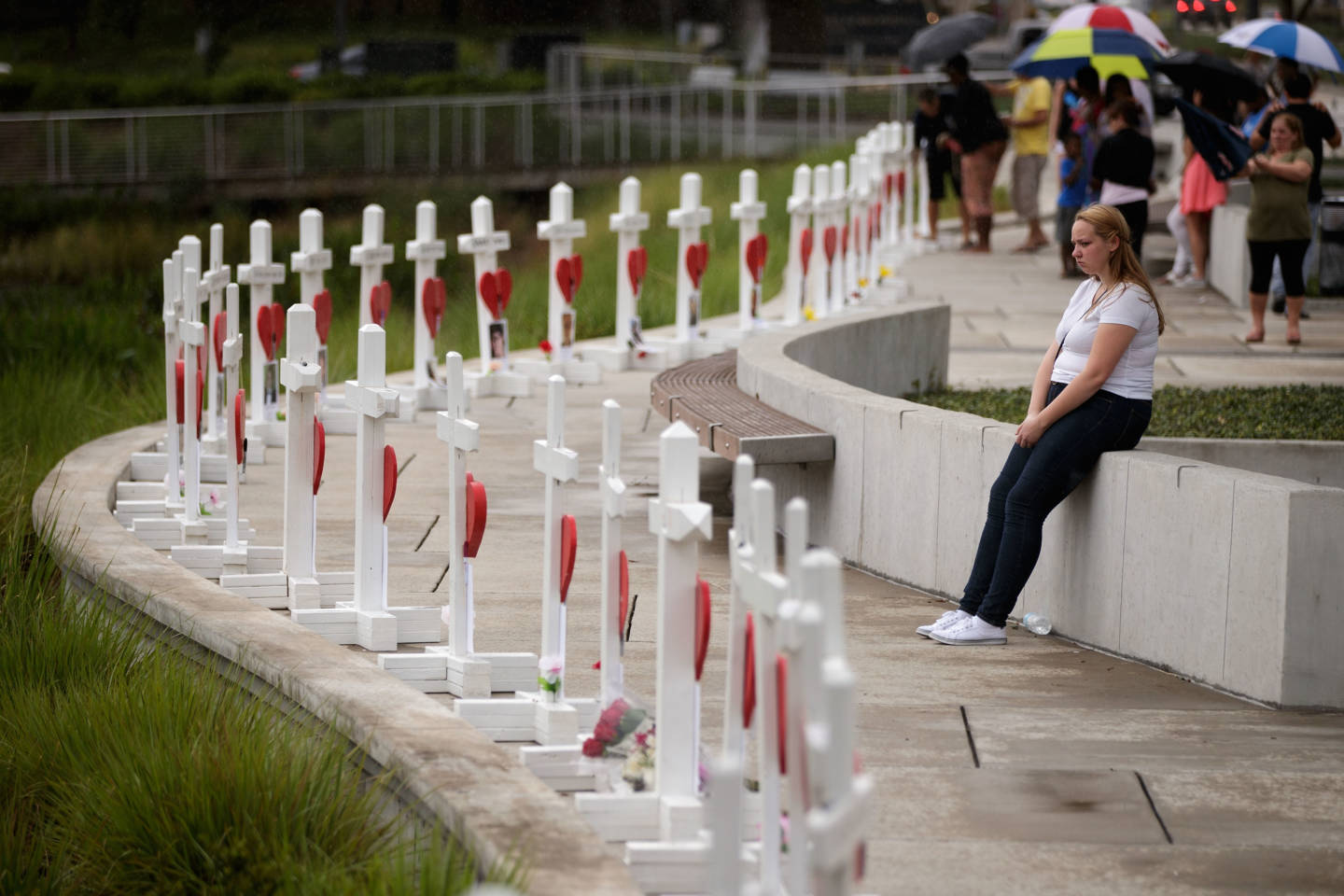Ryan was one of the researchers who conducted a series of studies that found empirical evidence that fear, anxiety, or hostility toward gay and lesbian people on behalf of seemingly heterosexual people can grow from their own repressed same-sex desires.
The researchers say this dynamic may be reflected in some high profile cases where figures like evangelical preacher Ted Haggard, or former national Young Republican Federation president Glenn Murphy, Jr., who were vehemently opposed to gay marriage, but then later were involved in gay sex scandals.
“There’s an internal war and an external war going on,” said Will Ryan from UC Santa Barbara, another researcher from the study, and son of lead author Richard Ryan. “People are not really identifying as gay, but they need to defend against it. They have to attack others in order to do that.”
He says it’s possible that the Orlando shooter may have been struggling with some level of same-sex desire and feeling a deep sense of shame around that.
Overwhelmingly, for many people who do identify as LGBT and who experience stigma and shame from their parents or society, the internal conflict remains internal, in the form of mental health conditions or substance abuse.
People who are LGBT are almost three times as likely than others to experience major depression or anxiety. LGBT youth are four times as likely to attempt suicide or have suicidal thoughts. And an estimated 20-30 percent of LGBT people abuse drugs or alcohol, compared to 9 percent of the general population.
But there does seem to be a role that homophobia plays in many acts of mass violence.
In evaluating all school shootings that took place in the U.S. between 1982 and 2001, researchers found that all the shootings were committed by boys, and nearly all of the boys were persistently bullied, beat up, and “gay-baited.” That is, other students called them “faggot,” “queer,” or “homo,” grabbed them in the hallways, or spread rumors that they were in gay relationships, whether they were or not.
In fact, Michael Kimmel, a sociology professor at Stony Brook University and lead author of the study, says there’s no evidence that any of the shooters were gay.
Instead, he says, they were being targeted because they didn’t measure up to American standards of masculinity. They were "shy, bookish, honor students, artistic, musical, theatrical, non-athletic, geekish, or weird," the authors wrote in the study.
“Our society conceptualizes masculinity as being strong, tough, and not gay," Will Ryan says.
This plays a pivotal role in school shootings, Kimmel argues. In the study, the authors say that “homophobia is far less about the irrational fears of gay people, or the fears that one might actually be gay or have gay tendencies, and more the fears that heterosexuals have that others might (mis)perceive them as gay.” [Emphasis theirs.]
Kimmel says the prevalence of homophobic bullying and violence is “staggering.”
“For some boys, high school is a constant homophobic gauntlet and they may respond by becoming withdrawn and sullen, using drugs or alcohol, becoming depressed or suicidal, or acting out in a blaze of overcompensating violent glory.”
Will Ryan says it’s impossible to ignore the role of masculine and heterosexual norms in what happened in Orlando.
“It’s not just an individual who’s perpetrating these things,” Ryan says. “He doesn’t come out of nowhere. Smaller versions of this are playing out all the time.”
He sees the shooting as part of a broader backlash against LGBT people in response to recent advancements in gay marriage rights, and rules around bathroom access for transgender individuals. In the last year or so, Ryan has noticed more anti-gay speakers visiting his campus, UC Santa Barbara, more hate speech, and more LGBT students seeking mental health services.
For mental health clinicians who are on the front lines, treating those in the LGBT community, their main concern is how the Orlando shooting might further traumatize their patients.
“For many of my clients, they have a history of feeling not accepted, judged or devalued because of their sexual minority status,” says Keith Hermanstyne, a psychiatrist at the Alliance Health Project at UC San Francisco. “For people with any significant history of chronic trauma, this event is really reactivating those feelings of not feeling safe in the world.”
